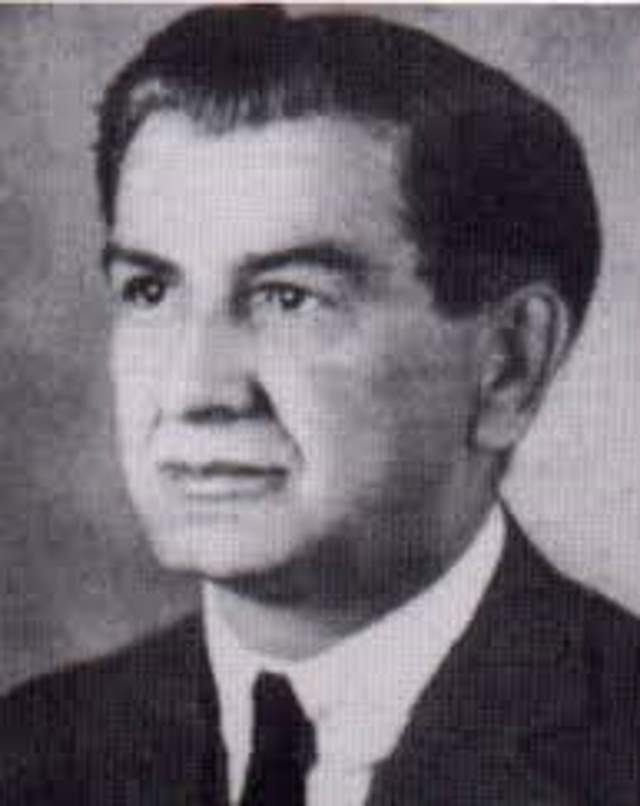Conducted by Gustavo Dudamel, the Göteborgs Symfoniker (Gothenburg Symphony Orchestra) performs Brazilian musician and composer Zequinha de Abreu’s best-known work, Tico Tico.
Zequinha de Abreu’s Tico-Tico
José Gomes de Abreu, better known as Zequinha de Abreu (September 19, 1880 – January 22, 1935) was a Brazilian musician and composer.
Abreu was born in Santa Rita do Passa Quatro. He is best known for the famous choro tune “Tico-Tico no Fubá” (1917), which is commonly referred to simply as “Tico-Tico.” The piece is a choro, a Brazilian genre of music that combines elements of European classical music, African rhythms, and Brazilian folk music.
“Tico-Tico” was first recorded in 1931 and quickly became a popular hit in Brazil and around the world. The catchy melody and lively rhythm have made it a staple of Latin American music and have been covered by many musicians in a variety of styles, from jazz to classical.
Zequinha de Abreu was born in Santa Rita do Passa Quatro, a small town in the state of São Paulo. He began studying music at a young age and eventually became a conductor and composer, writing many pieces in the choro style. In addition to “Tico-Tico,” some of his other well-known compositions include “Branca,” “Tardes em Lindóia,” and “Tico-Tico no Farelo.”
Zequinha de Abreu passed away in 1935 at the age of 55, but his music continues to be loved and celebrated in Brazil and beyond.

